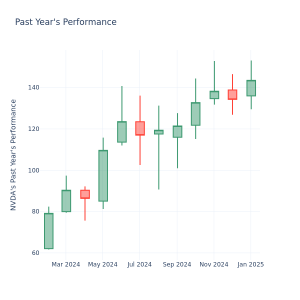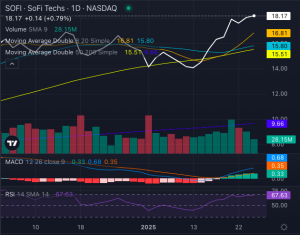
Hurricane Milton has left a significant mark on the Florida housing market, with cities such as Orlando, Tampa, Lakeland, Sarasota and Daytona Beach facing the brunt of the storm.
As recovery efforts begin, analysts expect the state’s homebuilding sector to absorb an estimated $1.7 billion to $2.5 billion hit, according to a report from Goldman Sachs analyst Susan Maklari.
Homebuilders with significant exposure in the affected regions face potential delays in construction and home closings.
Maklari notes that major homebuilders such as PulteGroup Inc. PHM, Lennar Corp. LEN, and D.R. Horton Inc DHI have significant exposure in the impacted regions, with 17%, 14%, and 11% of their 2023 closings, respectively, concentrated in these areas.
In contrast, builders like KB Home KBH and Toll Brothers Inc. TOL have minimal exposure, with less than 3% each. Historically, homebuilders in Florida have faced delays of around 4-6 weeks following severe weather events, primarily due to resource allocation to existing community recovery efforts and labor shortages.
Given Hurricane Milton’s strength, widespread geographic reach, and timing — just two weeks after Hurricane Helene — Maklari believes these delays could be extended even further.
“We expect some closings to be delayed, but this appears to be more of a timing issue. Any potential shortfall in Q4 will likely be made up in early 2025,” Maklari said.
The good news for builders is that many homes are already in later construction stages as they aim to hit year-end targets, and most builders tend to avoid constructing in floodplains.
Goldman Sachs estimates the total industry impact to fall between $1.7 billion and $2.5 billion, based on historical delays and local median home prices.
The Orlando and Tampa metropolitan areas are two of the hardest-hit regions.
In Orlando, D.R. Horton leads the market with 2,351 closings in 2023, accounting for 16.7% market share, followed closely by Lennar Corp. with 2,242 closings and a 15.9% share.
In Tampa, Lennar has an even larger presence, with 3,570 closings making up 28.7% of the market, while D.R. Horton holds 21.6%.
| # Company | Closings | Mkt. Share | % of Homes Closed by Company |
| 1 D.R. Horton | 2,351 | 16.7% | 2.6% |
| 2 Lennar Corp. | 2,242 | 15.9% | 3.1% |
| 3 The Villages of Lake Sumter | 2,129 | 15.1% | 77.9% |
| 4 PulteGroup | 1,852 | 13.2% | 6.5% |
| 5 Dream Finders Homes Inc. DFH | 791 | 5.6% | 10.8% |
| Rank | Company | Closings | Market Share (%) |
|---|---|---|---|
| 1 | Lennar Corp. | 3,570 | 28.7 |
| 2 | D.R. Horton | 2,692 | 21.6 |
| 3 | Homes by Westbay | 792 | 6.4 |
| 4 | PulteGroup | 756 | 6.1 |
| 5 | M/I Homes | 747 | 6.0 |
The broader building products sector is expected to experience a relatively muted response, with demand for materials such as roofing, flooring and insulation likely spread out over several months.
While Goldman Sachs does not anticipate a significant rise in overall product volumes, the short-term need for repairs could lead to temporary spikes in activity.
When it comes to damage to existing homes, the extent of destruction depends on the storm’s specific characteristics, such as wind speed and flooding levels.
Roofs, windows, and siding are typically most affected by wind damage, while floors, wallboard and insulation often suffer during flooding events. Key players in these product categories include:
- Roofing: Owens Corning Inc. OC, Carlisle Companies Inc. CSL
- Windows: JELD-WEN Holding Inc. JELD
- Siding: Louisiana-Pacific Corp. LPX
- Flooring: Mohawk Industries Inc. MHK
- Insulation: Owens Corning Inc., TopBuild Corp. BLD, Installed Building Products Inc. IBP
“Reconstruction demand typically spans several months,” Maklari said, citing past hurricanes.
Cleanup and insurance claims processing often delay actual repairs, with the full rebuilding efforts sometimes extending over 4 to 6 months.
For example, Owens Corning reported that Hurricane Ian in 2022 resulted in 4 million squares of roofing damage, representing approximately 2.5% of annual roofing shipments.
Goldman Sachs does not foresee a sharp rise in overall building product volumes from Hurricane Milton. Instead, they expect a “pull-forward” in demand, meaning that short-term rebuilding activity might be strong, but it won’t significantly raise long-term volumes. This could result in choppy revenue comparisons as the industry moves past the initial recovery phase.
Read Now:
Photo: Shutterstock
© 2024 Benzinga.com. Benzinga does not provide investment advice. All rights reserved.



